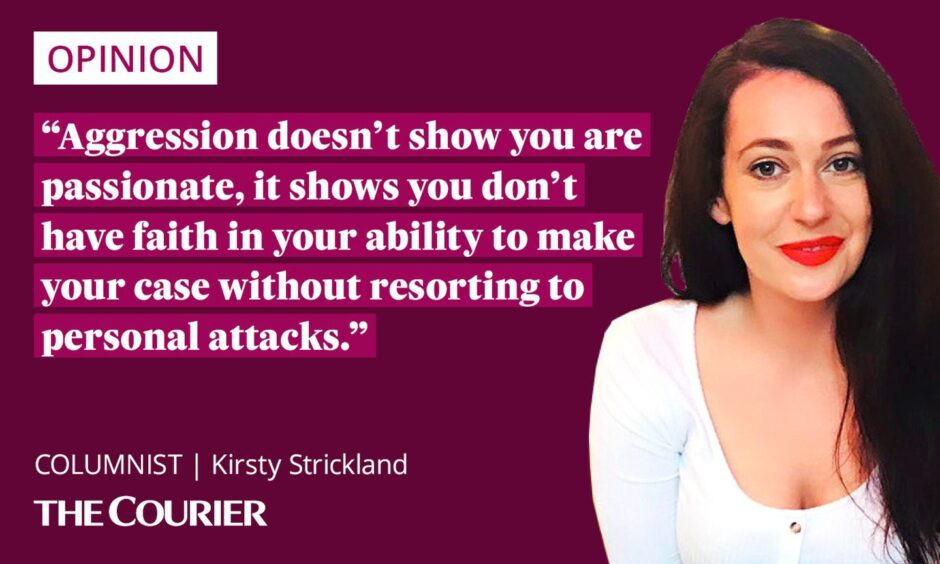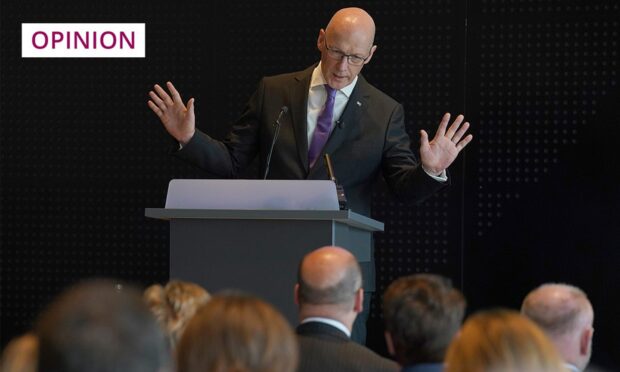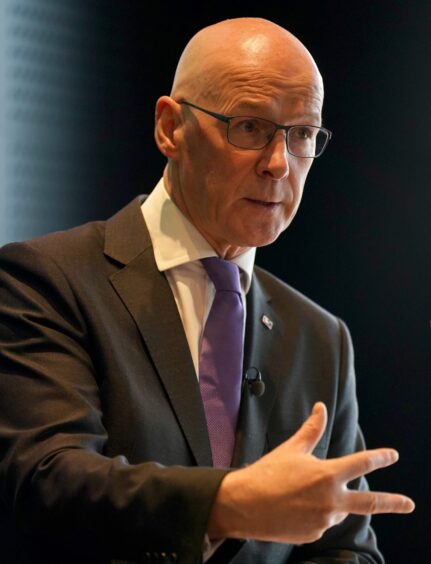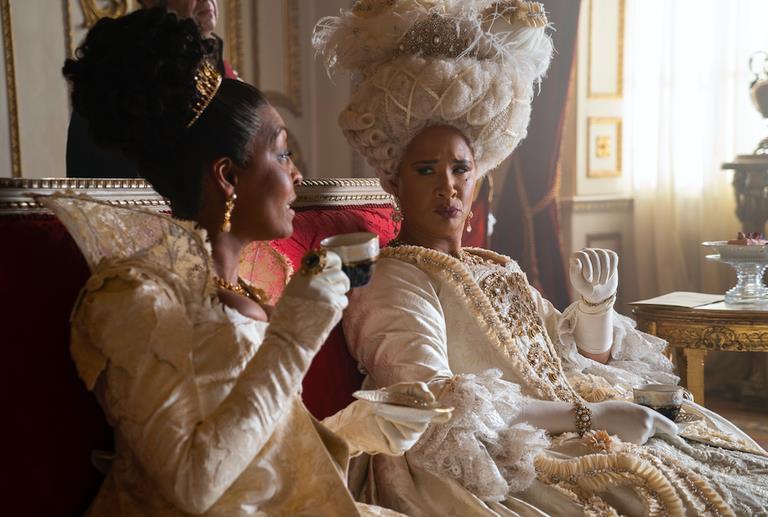The recently published findings of a study into abusive messages towards MSPs are not at all surprising.
We know that in recent years there has been a rise in threatening behaviour towards politicians across the UK.
Much of this aggression takes place on digital platforms, but we all remember those heinous and tragic cases where it spilled over into the real world too.
The murders of MPs Jo Cox and Sir David Amess should have served as a wake up call.
But there is no evidence of a trend towards a more moderate form of political discourse.

One where politicians and the people they serve can vehemently disagree on policies, but do so without resorting to abuse and threats.
The findings of a pilot programme established by the Scottish Parliament led to hundreds of social media posts being passed to Police Scotland.
Thirty-eight MSPs took part in the programme. On average, each of them received twelve abusive posts which had to be reported to the police in less than a year.
MSPs receive thousands of abusive comments
Of 8,000 comments that the study determined were abusive, 461 were judged to be above the criminal threshold. Most of the abuse centred around the race, sexual orientation or gender of the MSPs they were directed to.
Lynsey Hamill, Holyrood’s director of operations and digital, said that the trial “revealed the scale of online abuse directed at MSPs, including the number of posts which meet a criminal threshold for reporting”.
“Our findings are sobering,” she added.
There will be people who read those figures and make the argument that because MSPs are well-paid, powerful and in the public eye, unpleasantness is just part of the job. But if abuse really has become a normal part of the job for our parliamentarians then it really shouldn’t be.
The problem goes much wider than abuse directed at politicians from members of the public. They might not be so daft as to be openly abusive towards one another (though some have strayed worryingly close to that line in the past) but politicians often behave in a hostile, aggressive and bad-faith way towards their opponents.
New First Minister John Swinney’s plea to bring the heat down in Scottish politics was met with agreement from MSPs from across the political spectrum.
But you have to wonder how long those pledges will hold, as parties gear up for the next UK general election, which will be held at some time later this year.
Ordinary folk who are interested in politics tear lumps out of one another online, too. But aggression doesn’t show you are passionate about what you believe in, it only shows you don’t have faith in your ability to make your case without resorting to personal attacks.
This isn’t an argument for everybody to be nice. Niceness is an unreasonable constraint to ask of open debate.
And it certainly isn’t an argument that says we should wary of disagreement.
Politics, with all the strong policy positions and beliefs that it engenders, isn’t inherently divisive.
MSPs should not fear for safety
Life would be boring if we all agreed on everything. Disagreement is the lifeblood of our democracy.
Politics doesn’t work unless we have people from all backgrounds, with wildly different aspirations and priorities for the country, putting their arguments to the people for their consideration.
But the widespread abuse of MSPs will inevitably lead to the way politicians communicate those ideas being less open, less transparent and markedly more fearful.
We want strong, determined MSPs who aren’t afraid to speak their minds and stand up for what they believe in.
We make that much less likely to achieve if they do so in an environment that makes them worried for their own personal safety.
Men, take note of women’s love of Bridgerton
The new season of Bridgerton has taken the world by storm.
he eagerly-anticipated part one of the new season was aired on Netflix last week, with the second part coming in June.
There is nothing about this show I do not love. I don’t want gritty realism in my television programmes.
I want pretty dresses, classical music with a modern twist, and swoon-worthy romance.
Men should take note of the giddy impact this series has had on women. The snake oil male dating coaches that have risen in popularity with young men in recent years have been selling them a lie.
Women don’t want aggressive dating tactics, full of bullish chat up lines and rampant control-freakery. Single men should look to Bridgerton to see the power of a soft kiss on the hand and a murmured request to have this dance.
Breeches and top hats might also be making a comeback. Waltzing is back in fashion. As are slow walks around the park carrying a sun umbrella, violin solos and, of course, unexpected trysts in the back of a Cinderella carriage. If you know, you know.



Conversation